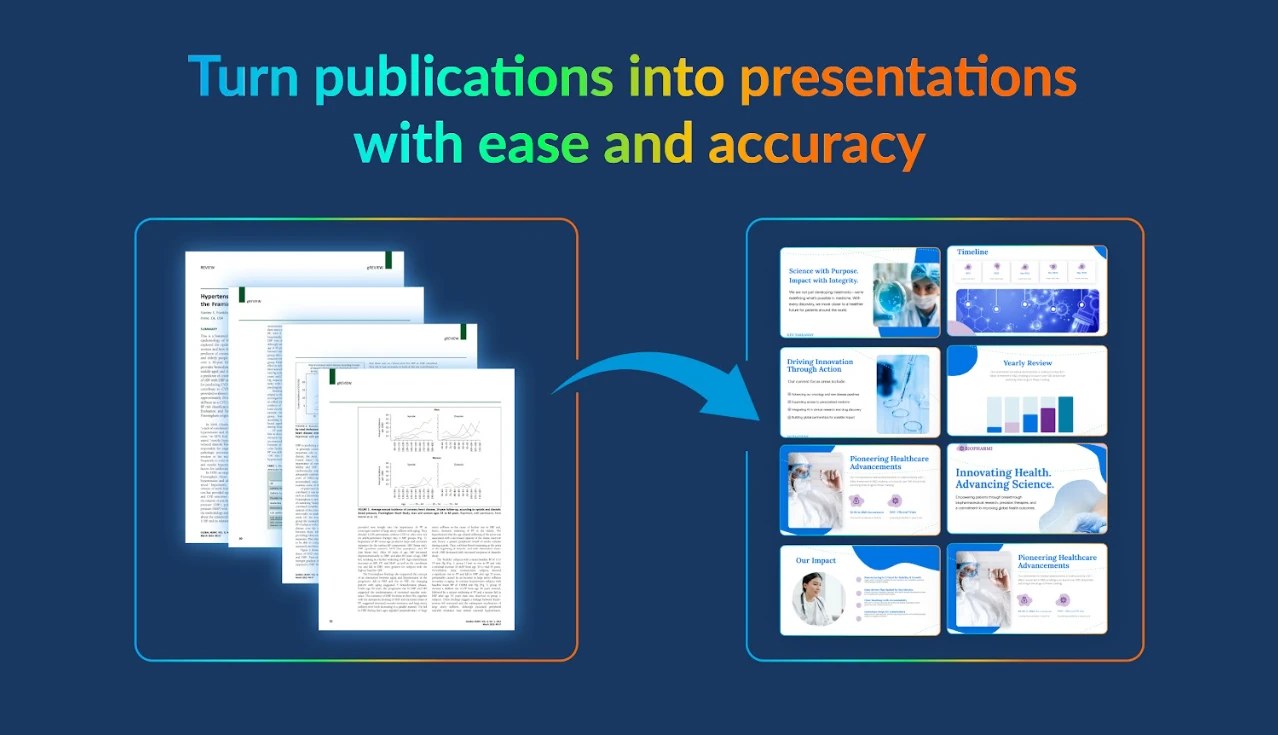How to overcome imposter syndrome

“My guess is there’s no real ‘fix’ for imposter syndrome but to bravely challenge it on a regular basis until you begin to feel it less and less and it slowly fades away.”
–Maureen McCann, executive career strategist
Approximately 70% of people have experienced imposter syndrome at some point in their lives. Whether that be in our personal or professional lives, these limiting beliefs can seriously stunt our personal growth. From feelings related to decreased self-confidence, inferiority, and comparing ourselves to others, this negative self-talk can hold us back from achieving our goals.
Magalie Rene, Founder and CEO of Workplace Catalyst, knows this best. In Episode 18 of Think Deeply, Speak Simply—Conquering Imposter Syndrome—Maglie shared how leaning into fear and tapping into radical compassion can flip the switch on imposter syndrome.
Here are the top three pieces of advice she shared during her visit.
It's not just you
Imposter syndrome affects us all. Whether you’re a CEO, manager, or executive, imposter syndrome doesn’t discriminate. We all have different reasons for why we don’t feel good enough and we all have different lived experiences. Our intersectional backgrounds can convince us that we’re not ready enough, smart enough, or prepared enough for that next opportunity.
Maybe there aren’t enough initials behind your name to make you feel qualified for that next career challenge. Or perhaps you feel too old, young, or inexperienced for the position you’re after. Whatever it is, find comfort in the fact that you are not alone, and don’t be afraid to talk about it. Addressing these negative emotions head-on is the only way to continue inspiring our communities, peers, managers, and more.
Embrace the fear
Fear is something that will occur no matter what, so it’s time to redesign your relationship with it. After all, you may never get over your imposter syndrome—and that’s okay!
If you feel any level of trepidation, fear, or avoidance over something, lean into it. These are all healthy indicators that your next challenge is in sight. You experience these levels of resistance because you feel like you aren’t pushing yourself hard enough under current circumstances. You are aware that you’re capable of more. You crave growth and reject complacency. These are admirable qualities to be proud of, not embarrassed.
Be kind to yourself
Move forward despite your fear and stop being so hard on yourself. Have radical compassion for yourself often. Persevere despite the negative voice in your head telling you otherwise. Diffuse the pressure you’re putting on yourself and the procrastination and fear will naturally lessen. Be kind and encourage yourself. Acknowledge everything, from the small, medium-sized wins to the monumental ones. Celebrate everything, whether that’s simply brushing your teeth in the morning or crushing a business presentation at work. Continue to flex that kindness muscle and your self-confidence will become second nature.



.png)









